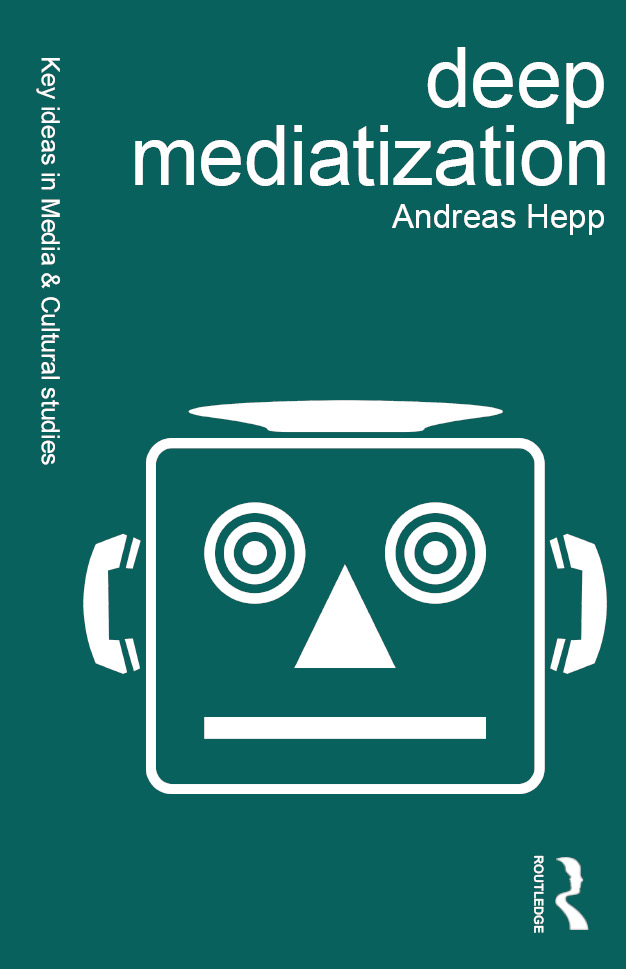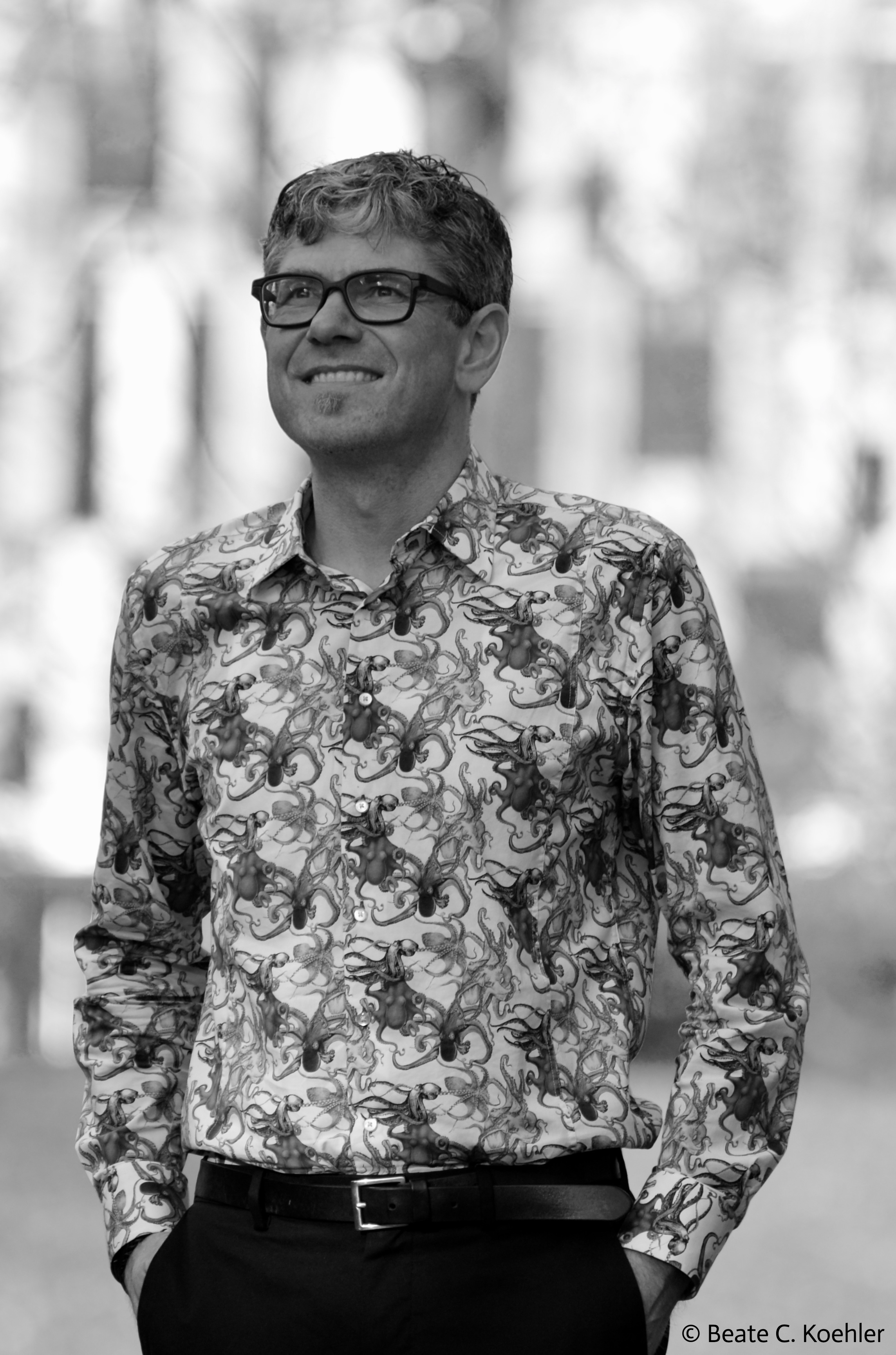
Reviews:
“Andreas Hepp’s new book provides a profound and ‘deep’ reflection on how digital technologies have penetrated all aspects of our daily lives. His critical reflections cover not just the mediatization of institutions and infrastructures, but also of social and symbolic interactions. Scaffolded by quantitative and qualitative evidence, his argument that we are ushered into a new era of ‘deep mediatization’ is very convincing. Invaluable reading for anyone grappling with a global information order.”
José van Dijck,
Distinguished University Professor of Media and Digital Societies, Utrecht University
“With previous work by Hepp, Couldry and others we witness an essential conceptualization of mediatization that helps us understand contemporary communication landscapes. With this new edition, Hepp elaborates this framework in critical ways, reminding us that digital media more than channel our communication, but also create and reinforce new information, through our cultural practices, societal infrastructures, and institutional parameters. This is a powerful treatise, thoughtfully building on the most relevant and promising scholarship toward a positioning of communication theory that offers a significant critical argument on our most contemporary and concerning communication practices.”
Karin Gwinn Wilkins,
Dean, School of Communication, University of Miami“Andreas Hepp has written a state-of-the-art, nuanced argument about the power of mediatization. Blending sociological sophistication and a critical eye, Hepp demonstrates the multiple and dynamics dimensions of mediatization. This book should be mandatory for media scholars grappling with how the media have transformed contemporary societies.”
Silvio Waisbord,
Professor, School of Media and Public Affairs, George Washington University"With Deep Mediatization, Andreas Hepp gives us a way to slip beneath the choppy surface of contemporary media and to see currents of social change that are stronger, older, and longer-lasting than many of us have imagined. This is social oceanography at its finest."
Fred Tuner,
Harry and Norman Chandler Professor of Communication at Stanford University

